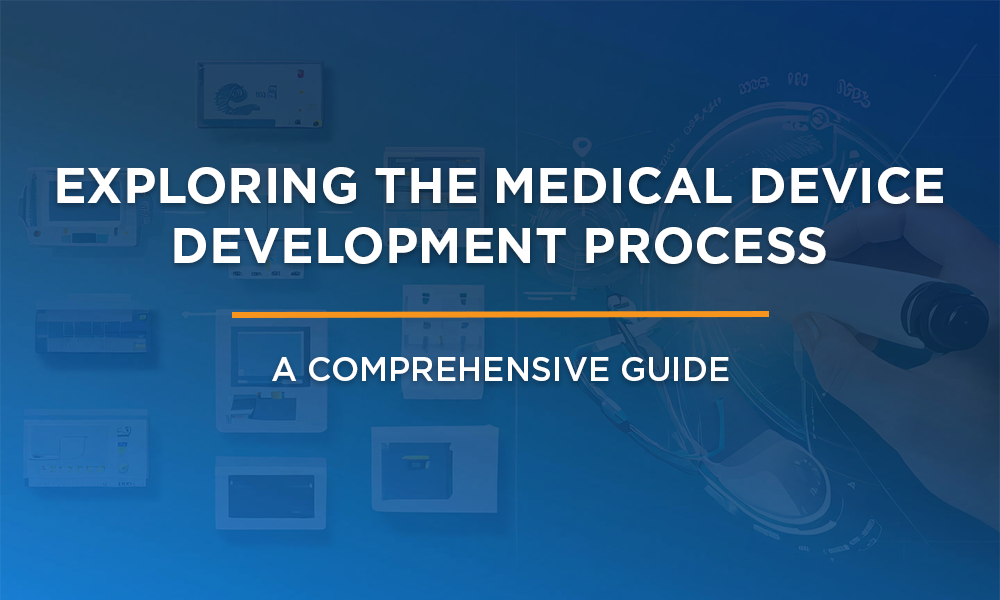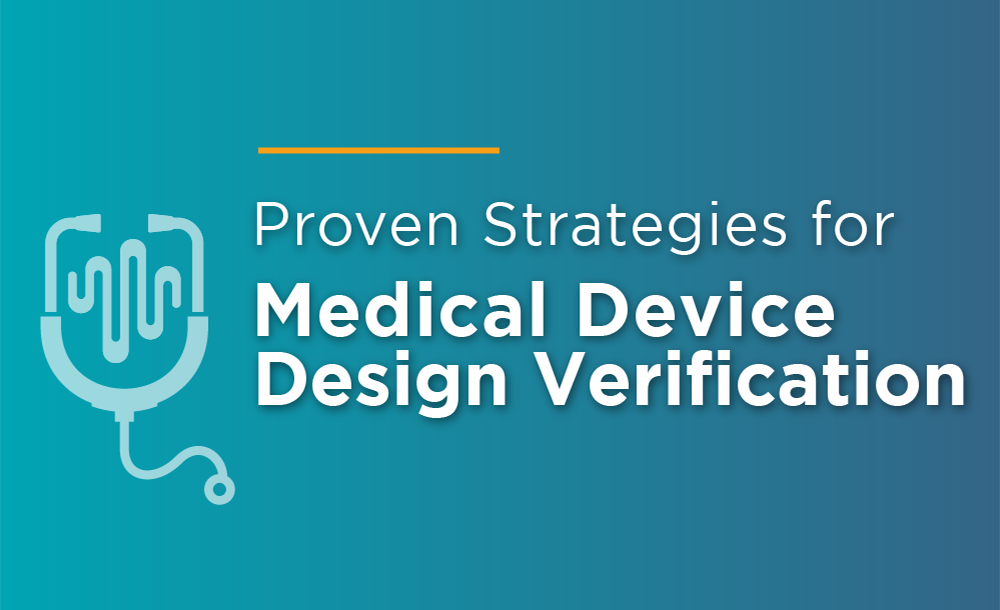for Medical Product Development
Software development for medical devices requires an assessment of safety risks associated with the intended use and an alignment of testing methodology based on the risk level.
Unit testing of individual software functions, performed as developers write code, is one software test method that helps ensure software functions perform as intended. While this process is required by the FDA (GPSV) and IEC-62304, it is often seen as a lower-priority task in the development process. Unit testing is not a checklist item, but a structured effort that should be executed by an experienced developer working under a flexible, yet rigorous Quality Management System (QMS).
How Sunrise Can Help
Sunrise Labs has extensive experience in Unit Testing and can tailor the process to meet customer and regulatory requirements. Unit tests are written to verify that the code is a thorough and accurate implementation of the design. Developers usually address and fix errors as they are found. This process helps avoid potential delays later in the development process and ensures cost efficiency for Sunrise clients.
Sunrise developers leverage automated tools such as VectorCAST (C or C++ code) and J-Unit (Java Code) to produce a comprehensive Unit Test framework. The output of this testing includes an automated report with coverage metrics.
Benefits
As stated earlier, Unit Tests are required for compliance; yet improperly executed unit testing could result in costly and time-consuming issues found during system integration and testing. To maximize the benefits of unit testing, planning should occur as early in the software development process as possible, including developing test schedules and defining test environment tools, resources, and methodologies. In addition to saving time and budget, conducting thorough unit testing increases the code’s reliability in system-level testing and provides solid documentation for 510(k) submission.
FAQ’s
1. What is unit testing in medical device development?
- It’s a software testing method that involves evaluating individual software functions during the coding stage.
- Unit tests verify if each function performs as intended.
2. Why is unit testing important for medical devices?
- It helps ensure software functions operate correctly, which is crucial for patient safety.
- It’s a mandatory requirement by regulatory bodies like the FDA (GPSV) and IEC-62304.
- Early detection and correction of errors during unit testing saves time and money compared to fixing issues later in development.
3. Common misconception about unit testing:
- It’s often seen as a low-priority task, but it’s a critical step for building reliable software.
4. How does Sunrise Labs approach unit testing?
- We tailor unit testing to meet specific project requirements and regulatory standards.
- Our experienced developers write unit tests to verify code functionality and identify errors early.
- We leverage automated tools like VectorCAST and J-Unit to create a comprehensive testing framework.
- We prioritize unit testing early in the development process for maximum benefit.
5. Benefits of thorough unit testing:
- Ensures regulatory compliance (FDA, IEC-62304).
- Reduces the risk of costly bugs discovered later in development.
- Improves code reliability for system-level testing.
- Provides solid documentation for regulatory submissions (e.g., 510(k)).







